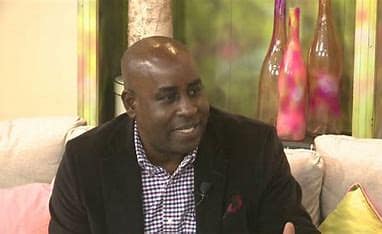In an era where information is more accessible than ever, a paradoxical challenge has emerged: while we are inundated with data, many remain uninformed. Social media feeds, emails, news outlets, and workplace communications bombard us daily, yet confusion, misinformation, and disengagement persist. This raises a critical question: What does it truly mean to be informed? Being informed goes beyond mere exposure to information; it involves understanding, contextualizing, and applying knowledge to enhance decision-making, foster engagement, and drive meaningful action. It empowers individuals to navigate their environments with clarity and confidence, transforming reactions into thoughtful responses and survival into thriving. Information reaches us through various channels—electronic media, workplace interactions, traditional media, casual conversations, and formal settings. Each source has the potential to enlighten or mislead, depending on how it is shared and received. In the workplace, for instance, unclear communication can erode morale, reduce productivity, and damage trust. Conversely, keeping others informed has transformative benefits. It increases engagement and ownership, improves decision-making, enhances collaboration, builds resilience in crises, and fosters empathy. Organizations thrive when leaders provide clarity and consistency in communication, ensuring employees understand their roles and expectations. This principle extends beyond workplaces to customer relations, community outreach, and national development. In critical moments, such as natural disasters or health emergencies, timely and accurate information can be life-saving. Leaders, employees, citizens, and media professionals all have roles to play in fostering a well-informed society. Leaders must communicate openly, employees should seek clarity, citizens must engage with credible sources, and media professionals must uphold journalistic integrity. In a world saturated with noise, being intentional about the information we consume and share is crucial. Filtering distractions, verifying sources, and prioritizing truth over sensationalism are essential practices. Being informed is not just a personal advantage—it’s a civic responsibility. Sharing what matters, staying engaged, and helping others do the same can change lives and transform organizations.
Why Being Informed Is More Important than Ever. by Garfield Joseph MBA
